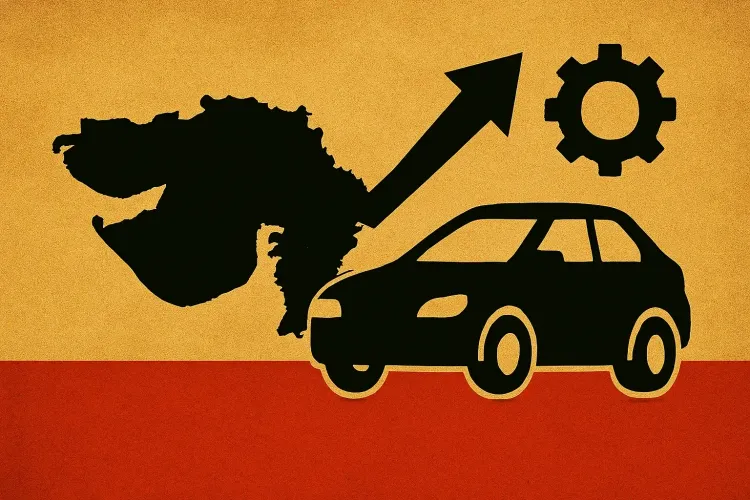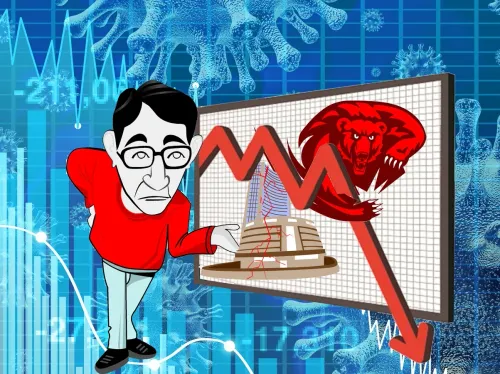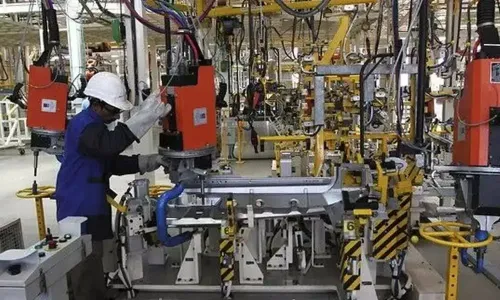Are 36% of Automotive Executives Facing Deep Transformation?

Synopsis
Key Takeaways
- 36% of automotive executives report a phase of deep transformation.
- 86% of OEMs are investing in AI.
- Only 20% feel prepared for the disruptions from AI.
- 94% of well-prepared companies exceed profit targets.
- Customer satisfaction is a priority for 48% of leading companies.
New Delhi, Sep 24 (NationPress) A striking 36 percent of automotive leaders report that their organizations are undergoing a significant phase of transformation. This shift is expected to modify business models, products, and operations considerably in the upcoming three years and beyond, according to a recent report released on Wednesday.
In contrast, a remarkable 86 percent of Original Equipment Manufacturers (OEMs) are heavily investing in Artificial Intelligence (AI), yet merely 20 percent of executives feel adequately prepared for the disruptions it may cause.
Moreover, 48 percent of top companies assert that customer satisfaction is vital for their long-term profitability, in stark contrast to only 10 percent of other respondents, as indicated by KPMG’s findings.
The report further reveals that 94 percent of organizations that are “very prepared” for supply chain disturbances report exceeding profit expectations, while only 45 percent of those less prepared achieve similar outcomes.
Andreas Ries, Global Head of Automotive at KPMG International, stated, “The automotive sector is not just evolving; it’s being profoundly redefined. Emerging technologies, changing consumer demands, and geopolitical fragmentation are altering the landscape. Companies must engage in bold strategic realignment to stay competitive. The five-Ts framework is not merely a response to disruption; it’s a blueprint for future leadership.”
The report emphasizes that AI, digital control towers, and software-defined vehicles are transforming the industry, but effective governance is essential to maximize their impact.
To foster loyalty, the leading companies are focused on creating hyper-personalized, data-driven customer experiences, aligning with the belief that customer satisfaction is crucial for profitability, shared by 48 percent of them.
Jeffry Jacob, Partner and National Sector Leader for Automotive at KPMG in India, remarked, “The five Ts of transformation outlined in the study provide an evident roadmap for success. Future champions will be those who can leverage disruption to their advantage. This moment represents a once-in-a-lifetime chance for India to capitalize on our digital talents and manufacturing capabilities to attain global leadership in the automotive sector.”









